
Documents Checklist
|
 |
Student visa / entry clearance to study in the UK
|
 |
Check information and fees for your course and cost of living in UK
|
 |
If you have a disability, contact College for special arrangements
|
 |
Buy travel tickets
|
 |
Check your government’s restrictions on taking money out of the country
|
 |
Check with your bank about regulations concerning transferring money to the UK
|
 |
Check your luggage weight against your airline’s allowances
|
 |
Obtain travellers’ cheques and British currency for use during first few days or weeks
|
 |
Visit the dentist/optician as care can be expensive in the UK
|
 |
Photocopy the personal details pages of your passport and visa stamp and keep them in a safe place.
|
 |
Contact the college about your arrival date in UK and arrange for Airport Pickup if needed
|
 |
Wear Suitable clothes for the time of the year
|
 |
Telephone No. of your family
|
 |
Telephone No. of your contact in UK
|
|

Immigration Advice
|
|
If you are a national of a country which is not in the EEA or Switzerland, and you want to study in the UK you must have permission to come to the UK as a student, before you travel. This permission is called an ‘entry clearance’ or a student ‘visa’. When you are granted entry clearance the immigration officer in your own country, will put a visa sticker into your passport. If you arrive in the UK and do not have the correct entry clearance or visa, the immigration officer will not allow you to enter the UK and you will have to return home immediately. To get this entry clearance as a student, contact the British Embassy, Consulate or High Commission in your home country and check exactly what kind of entry clearance you need at the time you want to travel, and how to apply in your country. There are different ways to apply for example on-line, by post or through an agency. You must also check whether there have been any changes to the immigration rules, requirements and procedures for students applying for entry clearance to study in the UK
|
| |

Documents to bring with you
|
|
Please bring the following original documents with you when you come to the UK to study at Amity College
|
| |
Proof of Identity
|
|
You will need to show proof of your identity, such as a birth certificate or passport.
|
| |
Original certificates for past examinations
|
|
You must show the college, original certificates of exams passed and awards gained (official transcripts), or certified copies. If yours are not in English, please get a certified translation. Contact the British Embassy or High Commission in your home country for information on how to do this.
|
| |
Any original offer letters from Amity College London
|
|
Bring any original letters sent to you by Amity College, especially if they have been sent to the address where you live in your home country. This will be important when you enrol with the College. It may also be useful to prove your address in your home country, when you try to open a bank account in the UK
|
| |
Other useful documents
|
|
If you have already been working in your home country, and plan to look for part-time work or work experience in the UK while you are studying, you may find it helpful to bring written references from any employers you have worked for before. If they are not in English, ask someone to translate them. Bring copies of any medical records for your doctor in the UK or diagnostic evidence for any specific learning difficulty to show the Dyslexia/ Specific Learning Difficulties Service
|
| |
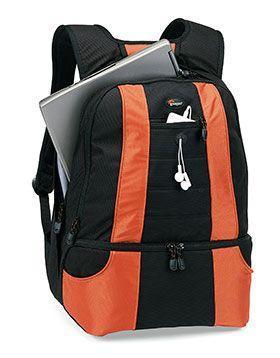
Documents to put in your hand luggage
|
|
If you are a national of a European Economic Area (EEA) country or from Switzerland:
|
 |
Your valid passport (or national identity card)
|
|

|
Any letters from Amity College offering you a place on a course
|
|

|
Original certificates of your qualifications, or certified copies
|
|

|
Enough money (in pounds sterling – cash and/or travellers cheques) to pay for your expenses over the first few weeks in the UK
|
|

|
If you are eligible, proof that you have applied for a tuition fee loan.
|
|

|
The address and telephone number of where you are going to stay
|
|
| |
|
If you are a national of a country NOT in the European Economic Area (EEA) or Switzerland:
|
 |
Enough money (in pounds sterling – cash and/or travellers cheques) to pay for your expenses over the first few weeks in the UK
|
|

|
Documents to show that you have enough money to pay for tuition fees and living expenses for you and any family dependants coming to UK with you
|
|

|
Certificates of health, vaccination or x-ray reports, if you need them
|
|

|
The address and telephone number of where you are going to stay
|
|
| |
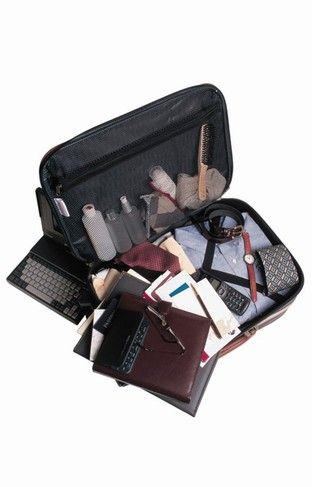
What to Pack
|
|
British weather changes throughout the year. Temperatures can rise up to 28ºC in the summer and may go down to -2ºC in the winter. The warmest time of the year is between June and August, the coldest between November and February. Clouds and rain can be followed by sunshine and blue skies, sometimes all in the same day.
You will need some warm and waterproof clothes for when you are outside. Pack clothes that you can wear in layers, for example, thermal underwear, t-shirts, sweatshirts and sweaters.
|
| |

How much money will you need?
|
|
You can bring as much money as you like into the UK, but you will have to tell customs. You may also need to check how much your country will let you take out. British currency is made up of pounds and pence and is known as sterling. 100 pence make one pound. Pounds are represented by the sign ‘£’ and pence by the sign ‘p’.
There are 1p, 2p, 5p, 10p, 20p, 50p, £1 and £2 coins and £5, £10, £20 and £50 notes. In the UK, it is very unusual for large sums of money to be carried in cash. We would advise you either to pay by credit card or to open a bank account and arrange a standing order or direct debit payment for regular bills.
|
|
|
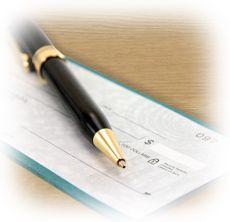
Opening a Bank Account
|
|
Soon after you arrive in UK, you will need to Amity money to pay for rent, living expenses and tuition fees. Many students bring a credit card which has been issued in their own country and use it to pay for items and get cash from their bank in their home country. Check with your bank before leaving home that you will be able to use your credit card at cash dispensers (ATMs) in the UK.
If you are in the UK for more than a few months, you will probably need to open a bank account. Ask for advice from your own bank before leaving home as they may have a special arrangement with a bank in the UK.
It may take two to three weeks to open an account, so make sure you have Amity to any money you will need during this period. Bring travelers cheques or a bank draft with you to avoid carrying large amounts of cash with you. Most international students can open a bank account but the types of accounts vary so please check what each bank account offers before deciding. However, please note that no account will provide you with an ‘overdraft’ facility (to borrow money from a bank). Students who are in the UK for less than six months may find it difficult to open any type of bank account.
To open a bank account you need to be in the UK, and you will be asked to provide certain proof and documents.
Make sure when you open an account that you understand whether and when your bank will charge you bank fees. Some bank accounts may make you pay a fee if your account does not always have a certain amount of money kept in it at all times. Other bank accounts charge a standard monthly subscription.
When you arrive in UK, the Student Welfare Officer will give you more information about where you can open an account in UK.
|
| |
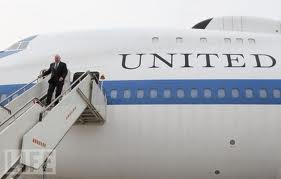
At the airport - after landing
|
|
On leaving the aircraft, follow the signs for arrivals to go through passport control (international passengers only), baggage reclaim and Customs.
|
| |
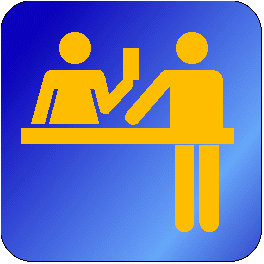
Passport control
|
|
Note that there is likely to be a queuing system in place so check that you join the right one! The Immigration Officer will want to see that your documents are in order, that your passport is up-to-date, check your landing card and visa/entry clearance. Also have evidence of financial support, your admission letter and your accommodation confirmation, ready for inspection. Part of the immigration process may, if required, include evidence of a recent medical examination or international vaccination certificate.
Airport security: http://www.ukvisas.gov.uk/resources/en/docs/1903073/VAF1D
As part of the immigration process it is possible that you may be stopped and asked some additional security questions. If there are any problems, or if you have any concerns on arrival regarding your passage through immigration/passport control, ask the Immigration Officer to contact the college. Have a pen ready just in case you have to take down details.
|
| |
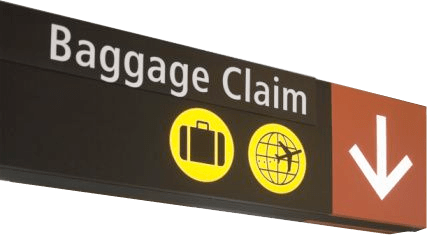
Collecting your luggage (baggage)
|
|
Once you have cleared passport control follow the signs to the baggage collection point, which will show your flight number and departure point. You may then proceed through Customs; follow the green light if you have nothing to declare but Customs Officers may ask you to open your luggage, so keep your keys Amityible. If in doubt ask one of the Customs Officers for advice before proceeding.
|
|
|

Airport Pick up Service
|
|
Read more about this service.
|
| |
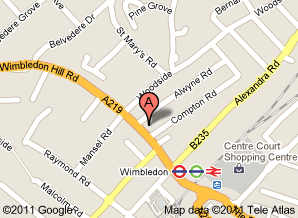
Onward travelling to College
|
|
We have provided below details of how you can make your own way to the College. For advice on travelling to the College you can contact This email address is being protected from spambots. You need JavaScript enabled to view it.
In the event of any difficulty when you arrive in the UK, you can contact the College.
http://maps.google.co.uk/maps?um=1&hl=en&biw=1339&bih=563&q=Amity+college+london&ie=UTF-8&sa=N&tab=il
|
| |
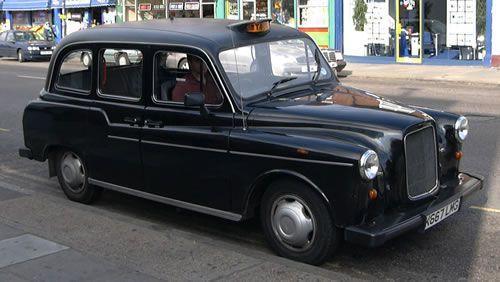
Taxi
|
|
If you wish to take a taxi from the airport, you can always find an official airport taxi or ‘black cab’ from the taxi rank outside the arrival terminal. Do NOT accept rides from anyone who approaches you in the airport. You should agree the price with the taxi driver before you begin your journey.
You should make sure you have the correct money in UK currency. You should also make sure you have the address of where you are going written out clearly to show to the taxi driver.
|
| |
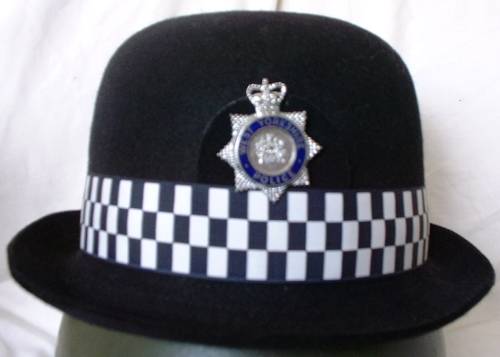
Police Registration
|
|
Students from the following countries need to register with the local police immediately after landing in UK.
|
|
Afghanistan
|
Algeria
|
Argentina
|
Armenia
|
|
Azerbaijan
|
Bahrain
|
Belarus
|
Bolivia
|
|
Brazil
|
China
|
Colombia
|
Cuba
|
|
Egypt
|
Georgia
|
Iran
|
Iraq
|
|
Israel
|
Jordan
|
Kazakhstan
|
Kyrgizstan
|
|
Kuwait
|
Lebanon
|
Libya
|
Moldova
|
|
Morocco
|
North Korea
|
Oman
|
Palestine
|
|
Peru
|
Qatar
|
Russia
|
Saudi Arabia
|
|
Sudan
|
Syria
|
Tajikistan
|
Tunisia
|
|
Turkey
|
Turkmenistan
|
UAE
|
Ukraine
|
|
Uzbekistan
|
Yemen
|
|
|